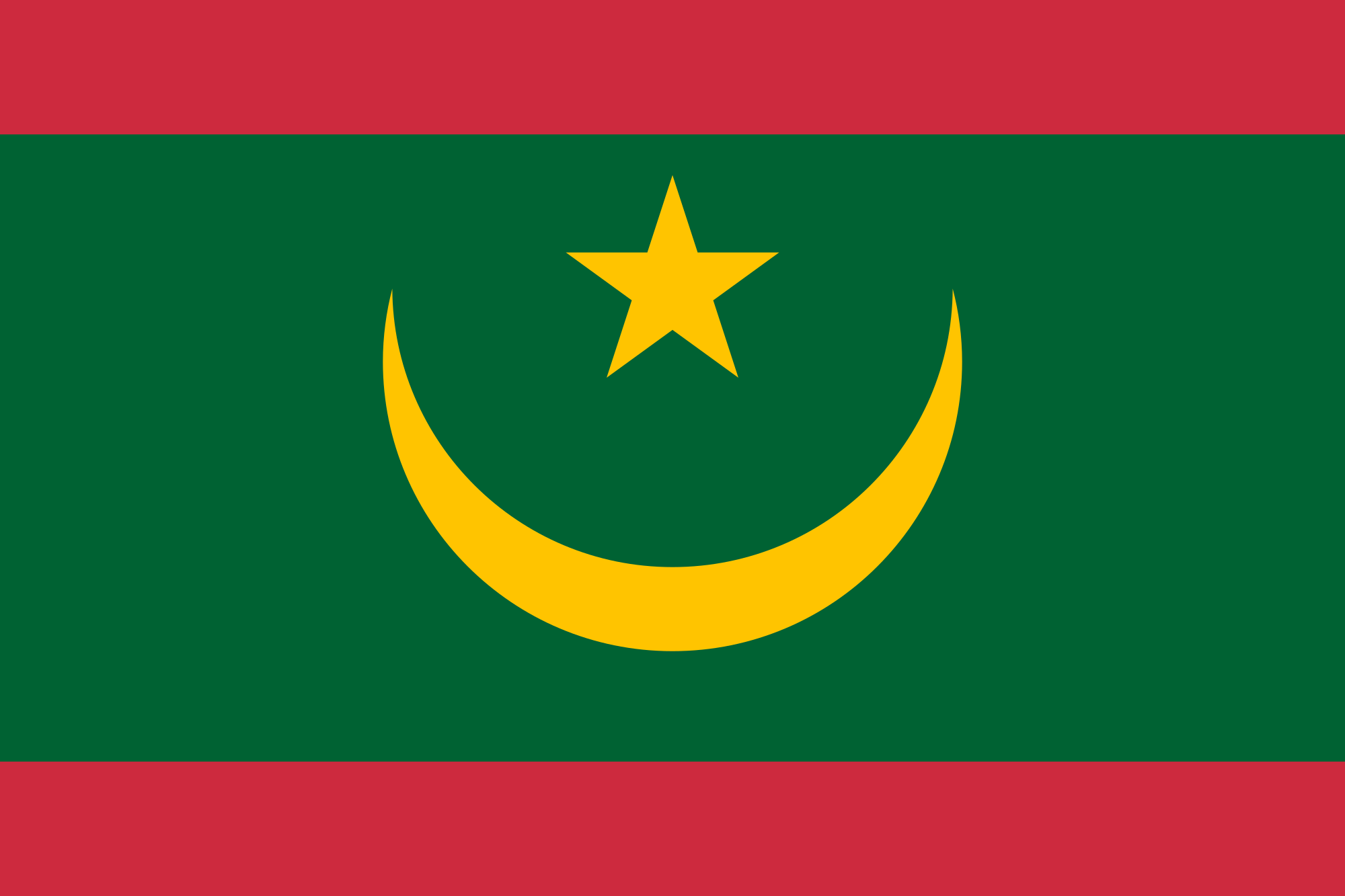
Thousands of men, women and children in Mauritania live in slavery. Under the direct control of their masters, they are treated as property and receive no payment for their work. Meanwhile, Mauritania receives preferential access to U.S. markets under the African Growth and Opportunity Act (AGOA) trade benefits program.
AGOA is designed to spark economic development in Sub-Saharan African countries by expanding duty-free benefits and opening U.S. markets to African goods. As part of the program, AGOA beneficiaries are required to improve the rule of law, human rights and respect for core labor standards, including the eradication of forced labor. This week, the AFL-CIO and its affiliated unions, along with labor rights organizations worldwide, are calling on the U.S. Trade Representative to review Mauritania’s eligibility for AGOA trade benefits.
Mauritania outlawed slavery in 1981, the world’s last country to do so. Yet in 2017, the practice of slavery is still widespread in Mauritanian society. Slave status is inherited, so children born to a mother in slavery also are considered property and can be rented out, loaned, given as gifts in marriage or inherited. Men and children in slavery typically herd animals or work in agriculture, while women perform domestic work. They face verbal and physical abuse, and girls and women are subject to sexual abuse and rape.
The government of Mauritania routinely fails to conduct investigations into cases of slavery, rarely pursues prosecutions for those responsible for the practice. Anti-slavery activists and trade unionists are regularly harassed, intimidated and jailed. Survivors of slavery have little access to justice or victim support initiatives, and face ongoing discrimination in society and the workplace.
Mauritania is failing to eradicate slavery and forced labor and to promote core labor rights. The AGOA Implementation Subcommittee must review Mauritania’s eligibility for trade benefits with the United States.
Find out more about the situation in Mauritania by watching this Equal Times investigation with testimony from former slaves.

